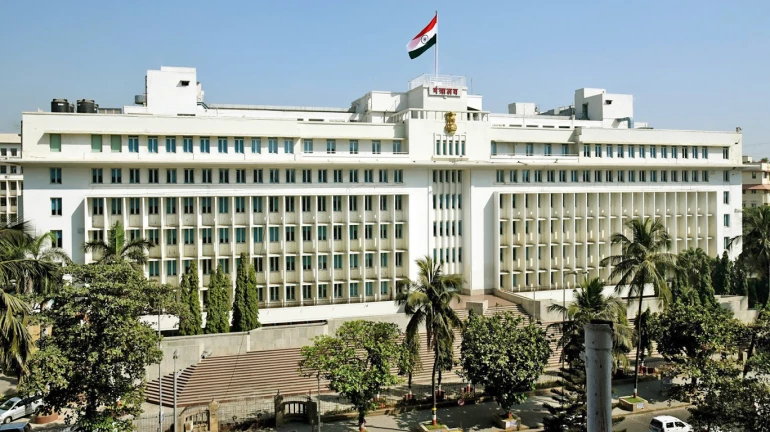
In a bid to address concerns over illegal immigration and document fraud, the Maharashtra government has introduced stringent measures for birth and death registrations. The new regulations aim to prevent non-citizens, particularly Bangladeshi and Rohingya immigrants, from acquiring Indian identity documents and accessing government welfare schemes. The move follows reports that several illegal immigrants, particularly women, have been using fraudulent birth certificates to avail benefits under programs like Ladki Bahin Yojana.
State Revenue Minister Chandrashekhar Bawankule announced amendments to the Birth and Death Registration Act to prevent the misuse of these essential documents. The revised law mandates stricter verification processes, ensuring that only Indian citizens receive official birth and death certificates. Authorities believe that tightening the system will curb the growing trend of document forgery, which has enabled illegal immigrants to establish a false legal identity in the country.
One of the most significant changes introduced under the new regulations is the requirement for police verification before issuing birth and death certificates. Previously, registrations were largely handled at the local level by Gram Sevaks, registrars, tehsildars, and district collectors. Now, these officials are required to conduct thorough background checks before approving applications. The additional layer of scrutiny is intended to eliminate fraudulent registrations and prevent misuse of state resources.
Another key change is the introduction of strict documentation requirements for delayed registrations. Any application submitted more than a year after a birth or death must now be backed by substantial documentary proof. Failure to provide sufficient evidence could result in the application being denied or even legal action against the applicant. Moreover, government officials who are found guilty of issuing fraudulent certificates will face penalties, reinforcing accountability within the system.
Supporters of the policy argue that these measures will help protect government schemes from exploitation and enhance national security. They believe that illegal immigrants have been misusing official documents to wrongfully access welfare benefits meant for Indian citizens. However, critics caution that the increased scrutiny might create bureaucratic hurdles for genuine applicants, leading to delays in acquiring essential documentation.
Concerns over fraudulent registrations have been a recurring issue in Maharashtra. Recently, BJP leader Kirit Somaiya highlighted how illegal immigrants from Bangladesh have managed to settle in smaller towns across the state by obtaining birth and death certificates using false information. These fraudulent documents have reportedly enabled them to access government benefits, raising alarms over the misuse of public resources.
While the success of the new regulations will depend on their implementation, the government remains firm in its commitment to preventing identity fraud and ensuring that official documents are issued only to those who are legally entitled to them. By enforcing stricter verification processes, Maharashtra aims to safeguard public welfare schemes and uphold the integrity of its administrative systems.





